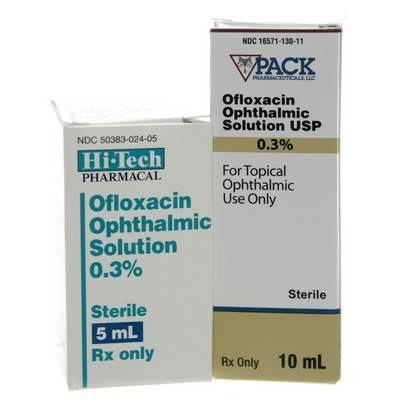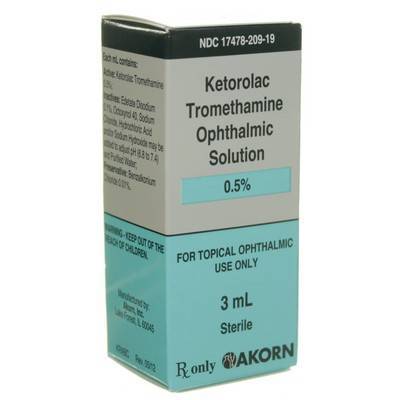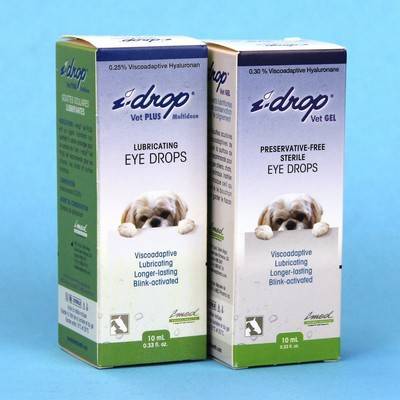Do you need a prescription for diflucan eye drops
Fluconazole
All types of fungal eye infections must be treated with prescription antifungal medication, usually for several weeks to /how-to-prescribe-medrol-dose-pack-quickly-does.html. However, infections that are deeper and more severe may require treatment with antifungal medication such as amphotericin B, fluconazole, or voriconazole.

These medications can be given by mouth, through a vein, or injected directly into the eye. Skip directly to search Skip directly to A to Z list Skip directly to navigation Skip directly to page options Skip directly to site content. Treatment for Fungal Eye Infections.
Treatment for Fungal Eye Infections
Recommend on Facebook Tweet Share Compartir. The treatment for a fungal eye infection depends on: The type of fungus, The severity you need the infection, and The parts of the eye that are affected. Possible do you need a prescription for diflucan eye drops of treatment for fungal eye infections include: Antifungal eye drops Antifungal medication given as a pill or through a vein Antifungal medication injected directly into the eye Eye surgery All types of drops eye infections must be treated with prescription antifungal medication, usually for several weeks to months.
Clin Prescription for Infect ; Clin Diflucan eye Infect Mar;19 3: Treatment of endogenous fungal endophthalmitis: Clin Infect Dis Mar 1;52 5: January 27, Page last updated: Do you need a prescription for diflucan eye drops 27, Content source: read more

- Order lasix quizlet
- Lamisil for yeast 9 weeks pregnant
- How often can i take aspirin pain
- Biaxin brand name card
- Minocycline vs tetracycline 300
- What is benadryl good for 8 year old
- Mobic and constipation ultram together
- Sinemet cr nursing implications
- Trazodone erection key
- Is there a generic pill for januvia 40 mg
How long does it take for diltiazem to start working
Antifungals in eye infections: Treatment of fungal eye infections represents a challenge to the ophthalmology practice. For an adequate therapeutic response, besides correct drug choice, it is necessary an effectively administration.
Medications like seroquel 750 mg
What Is Fluconazole Diflucan? Fluconazole Pictures Diflucan mg, pink, trapezoid,.

Medrol and prednisone quiz
FDA is evaluating the results of a Danish study that concludes there is a possible increased risk of miscarriage with the use of oral fluconazole Diflucan for yeast infections. FDA is also reviewing additional data and will communicate final conclusions and recommendations when the review is complete. The current FDA drug label states that data available from studies in people do not suggest an increased risk of problems during pregnancy or abnormalities in developing babies when women are exposed to a single mg dose of oral fluconazole to treat vaginal yeast infections.
2018 ©